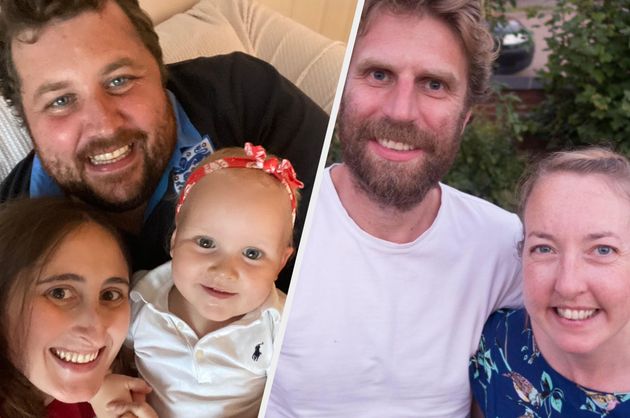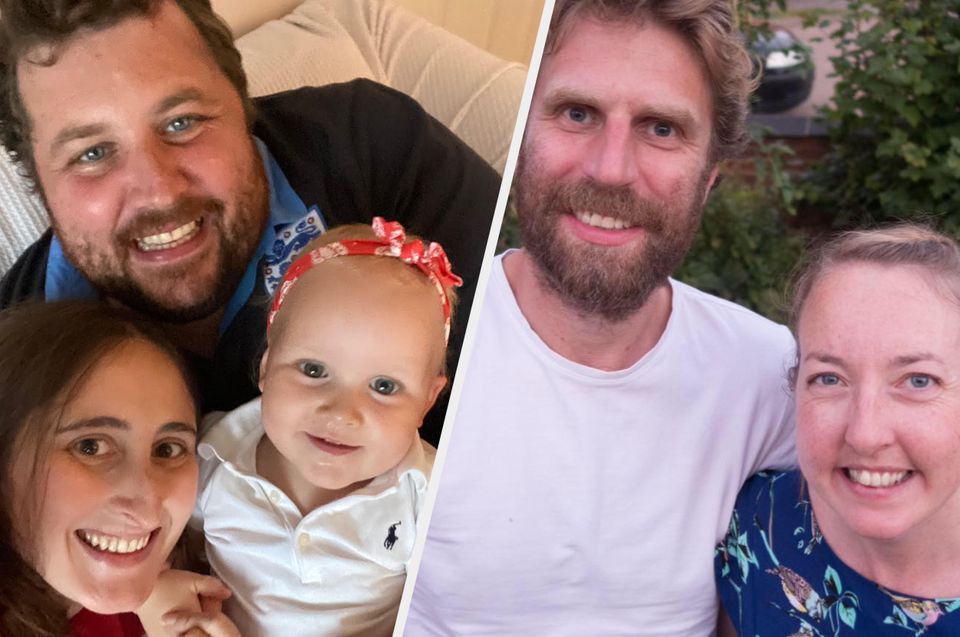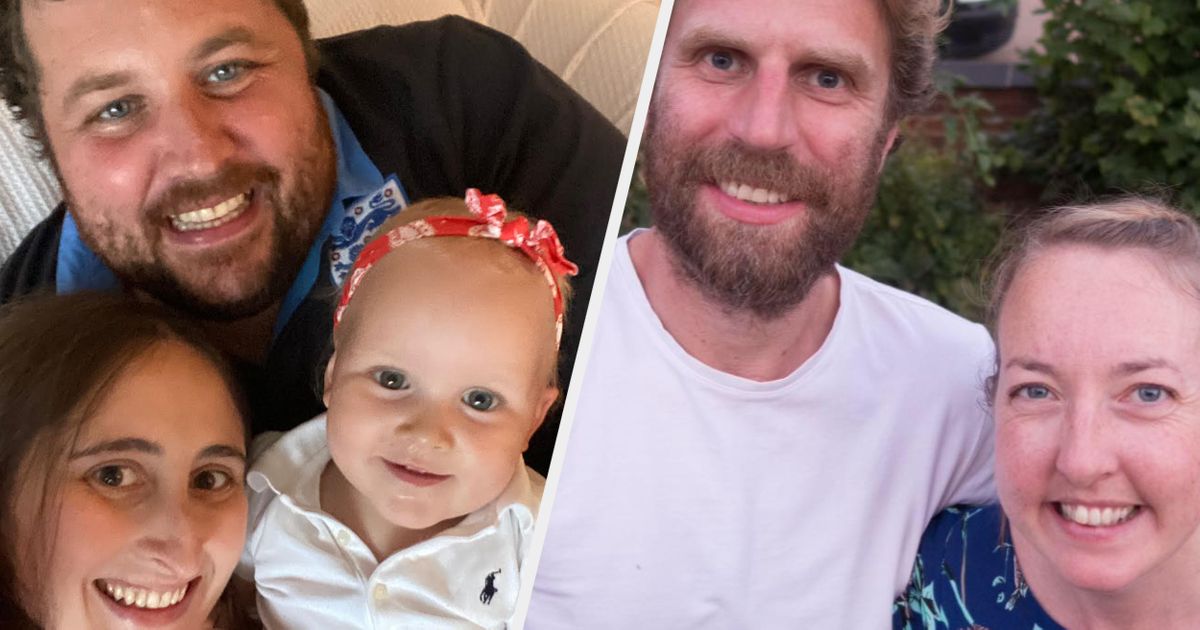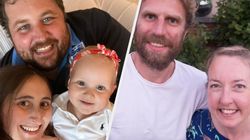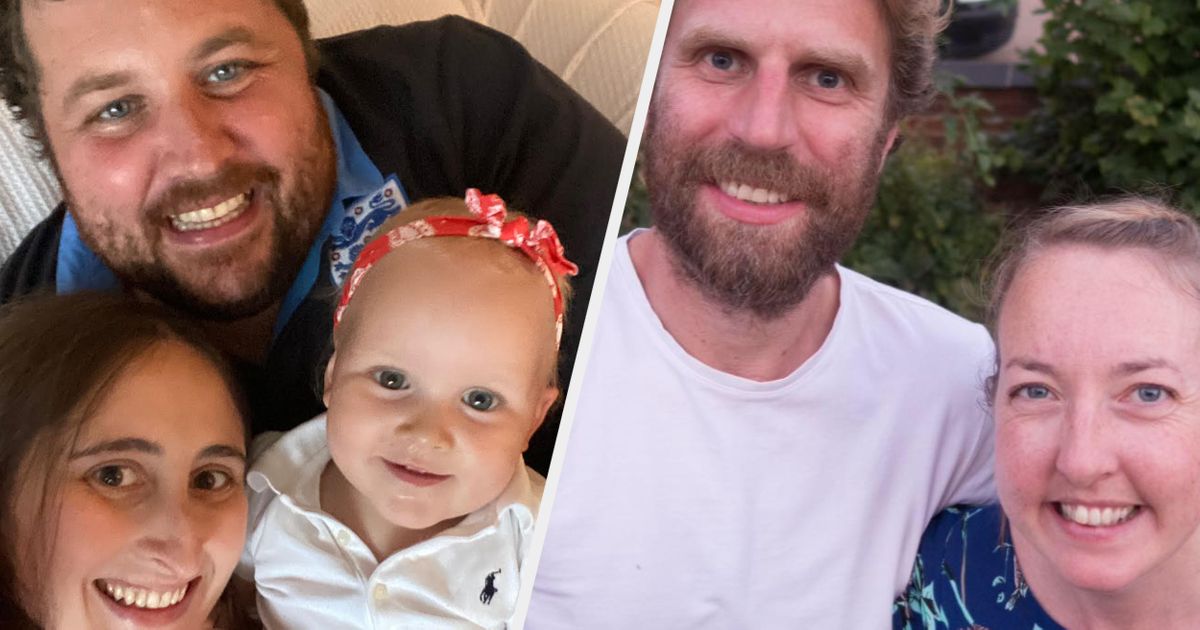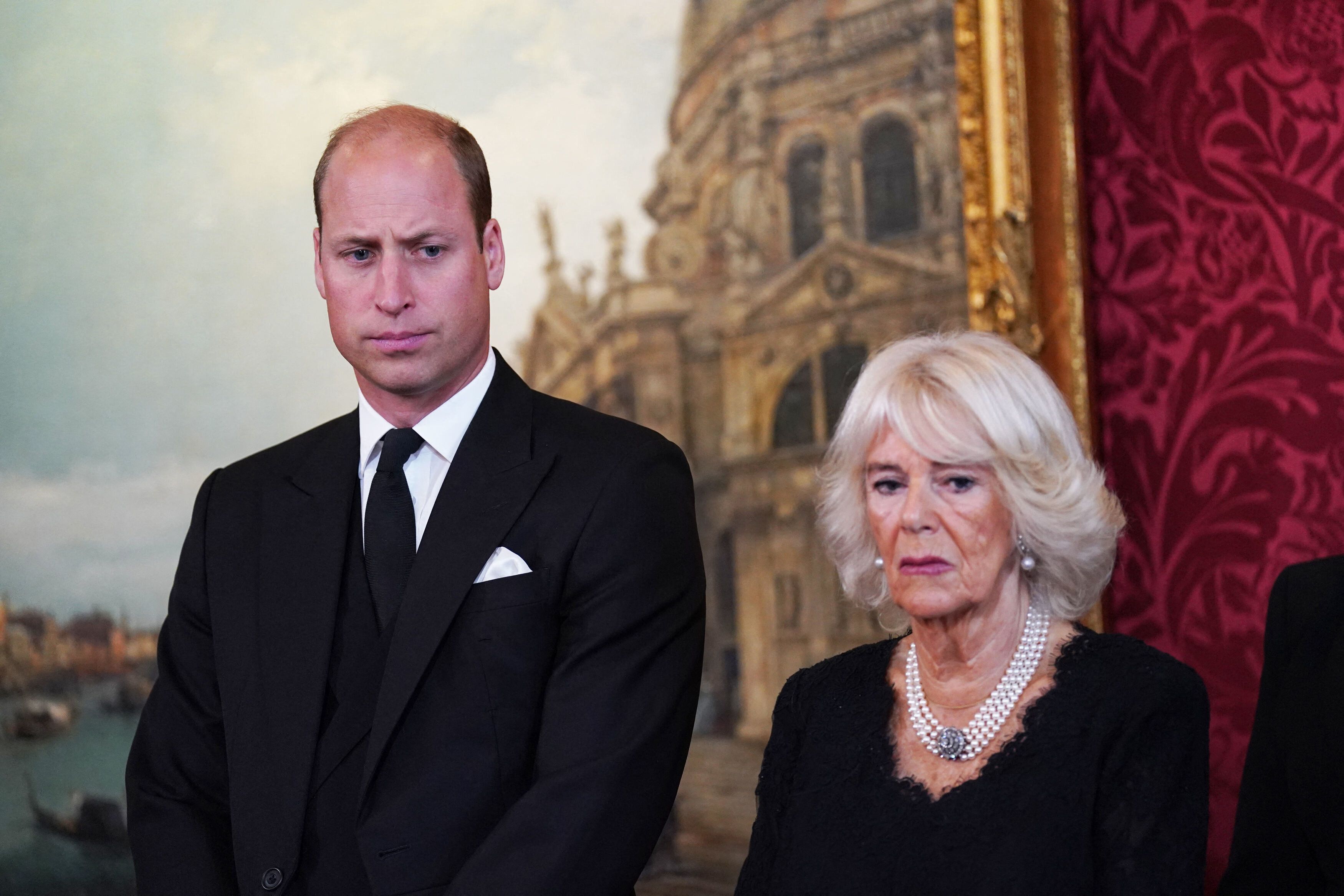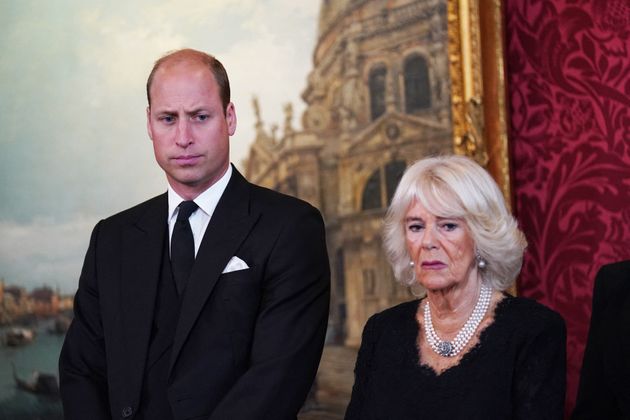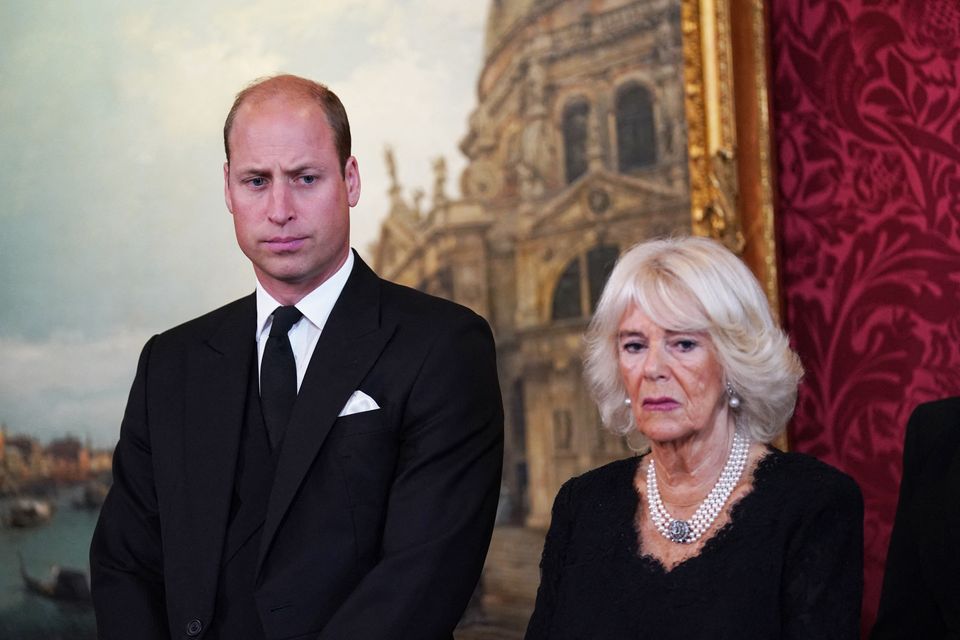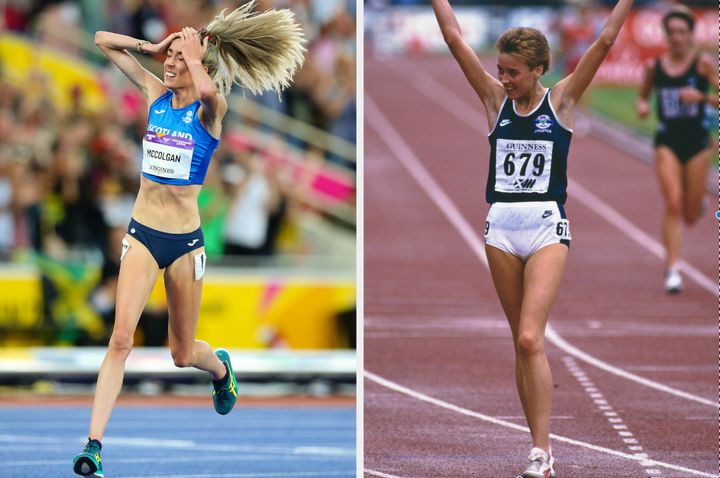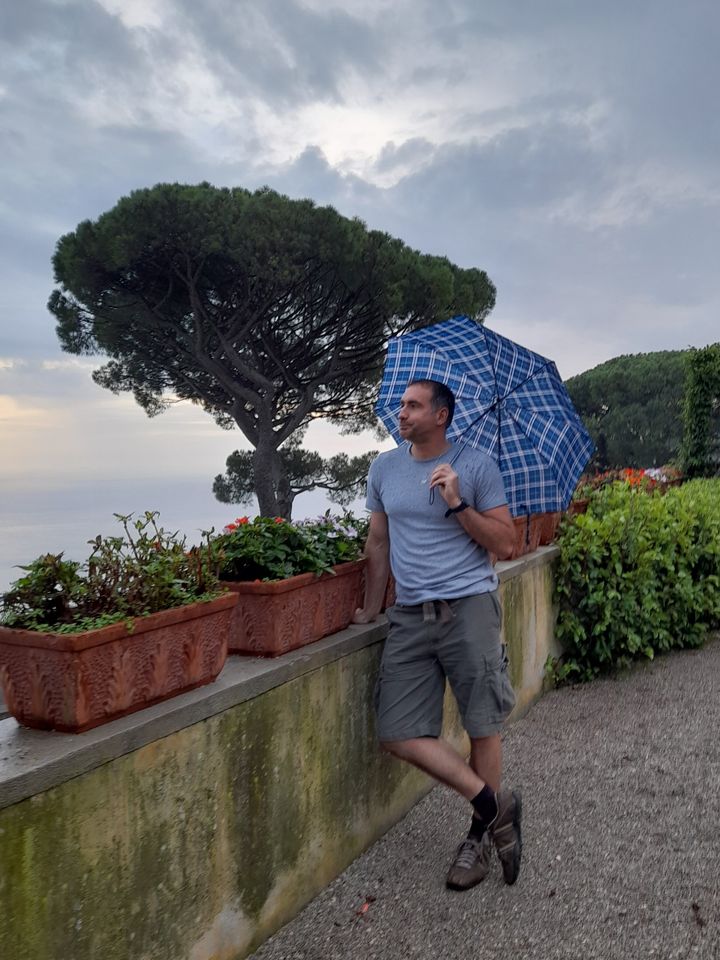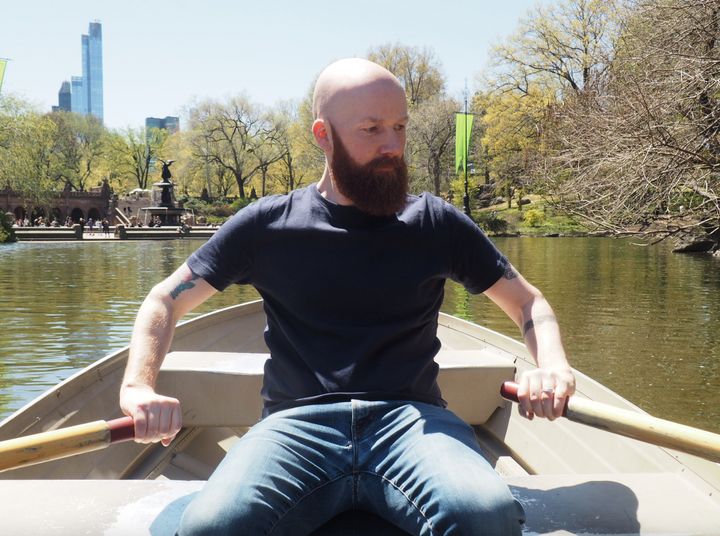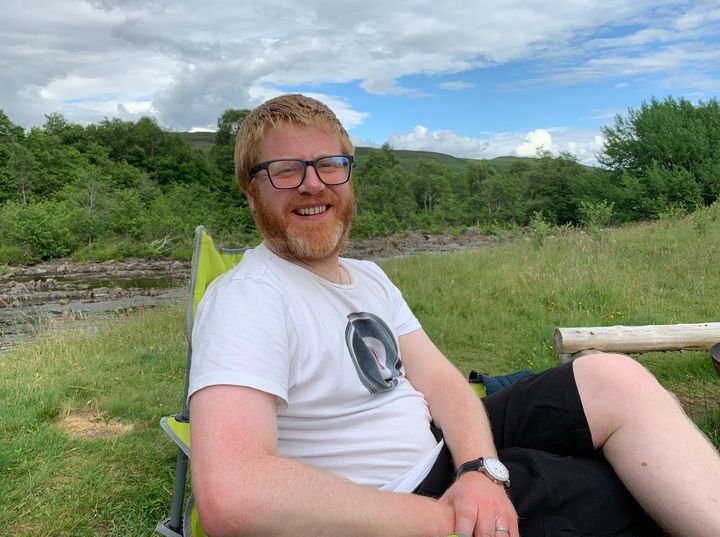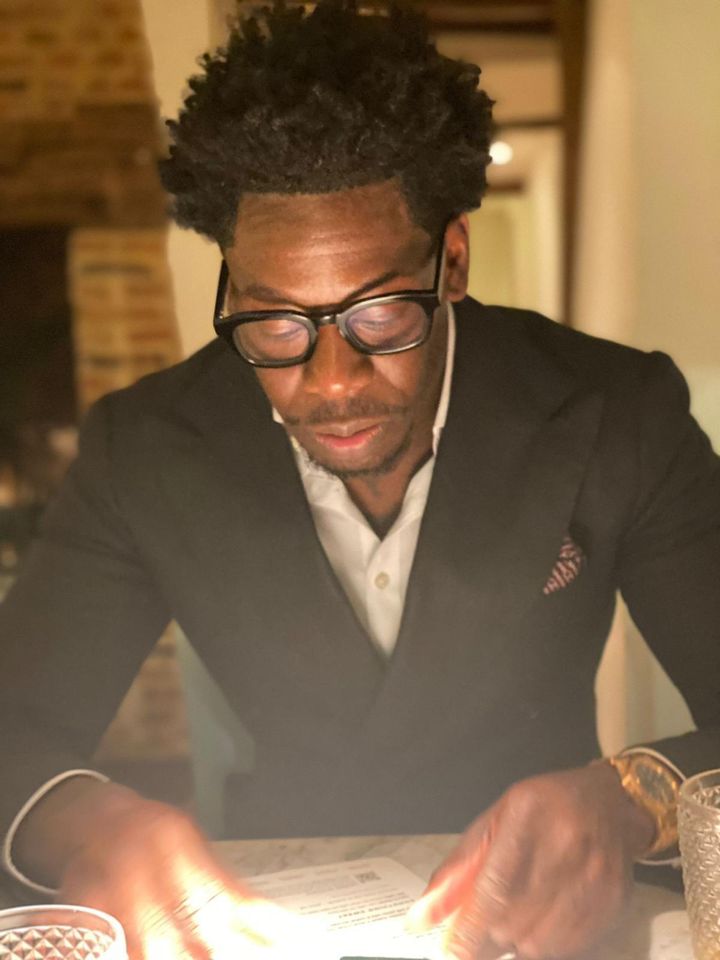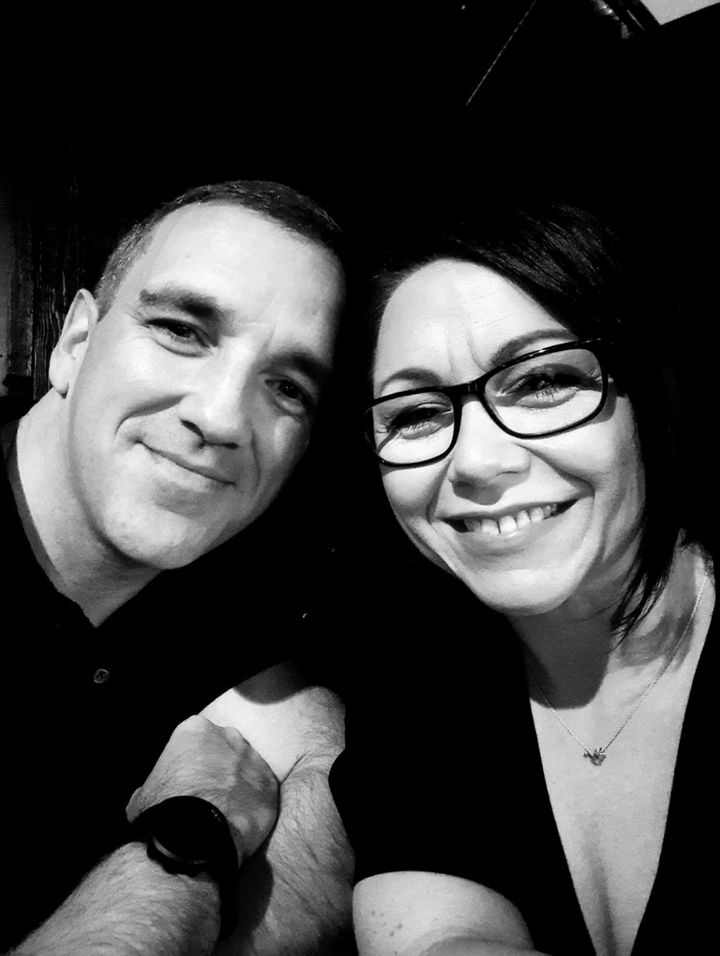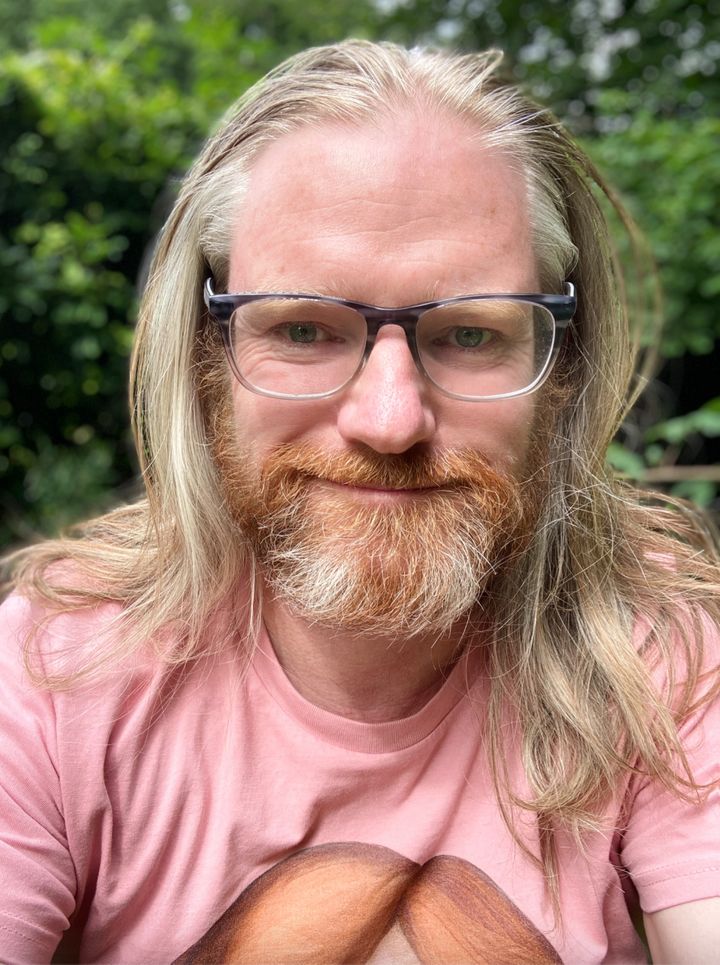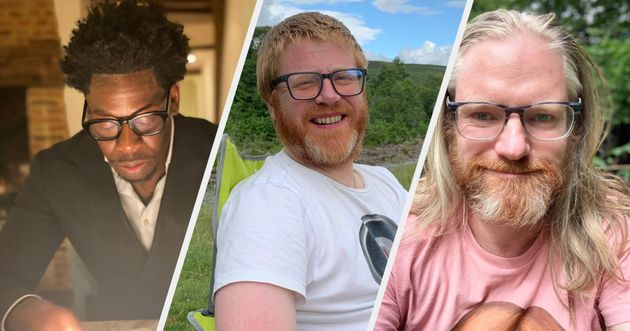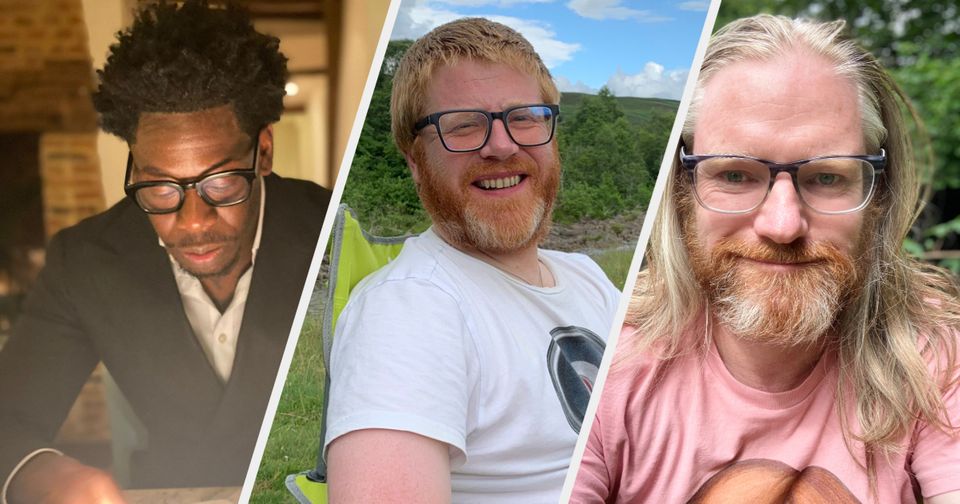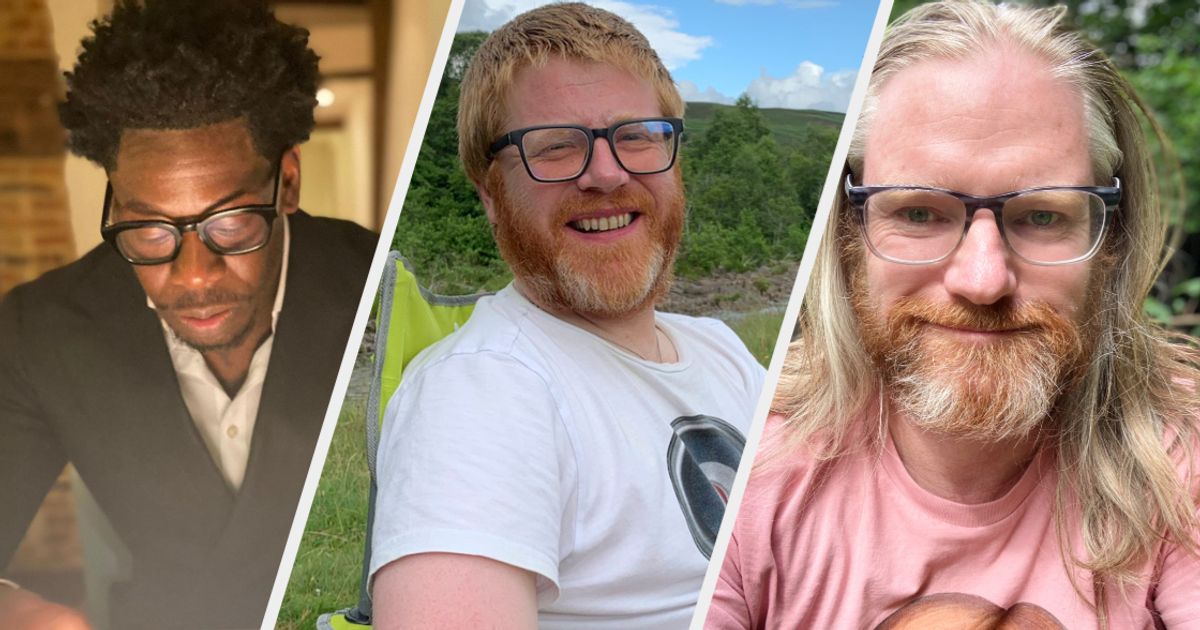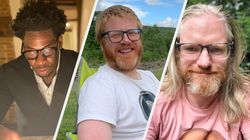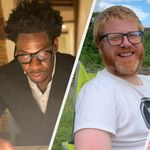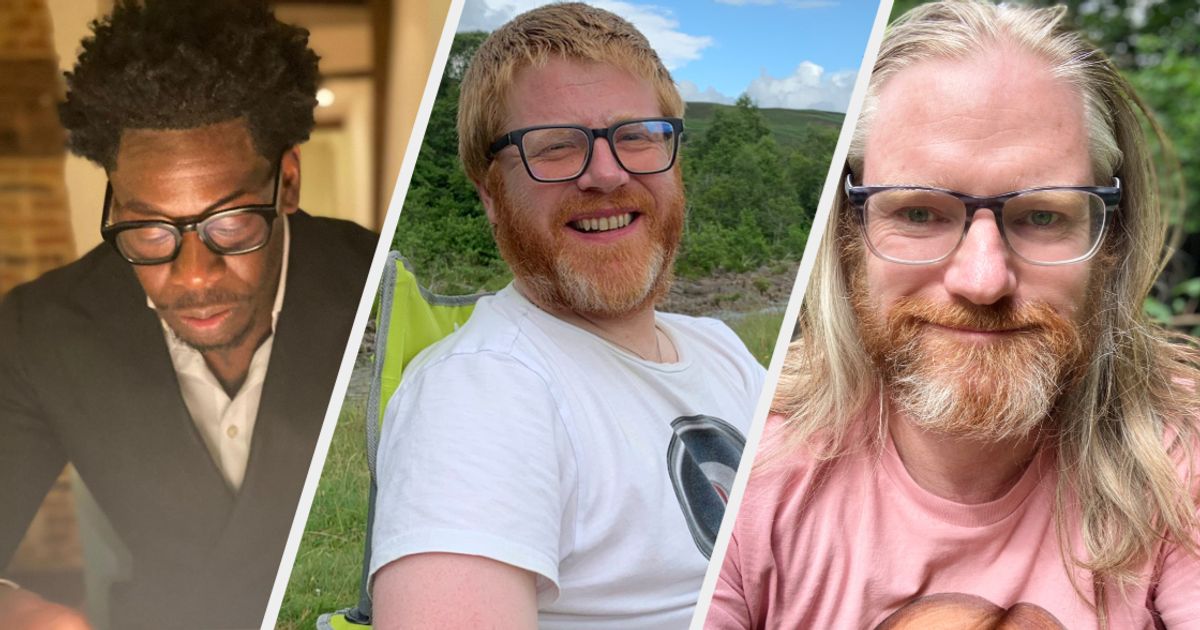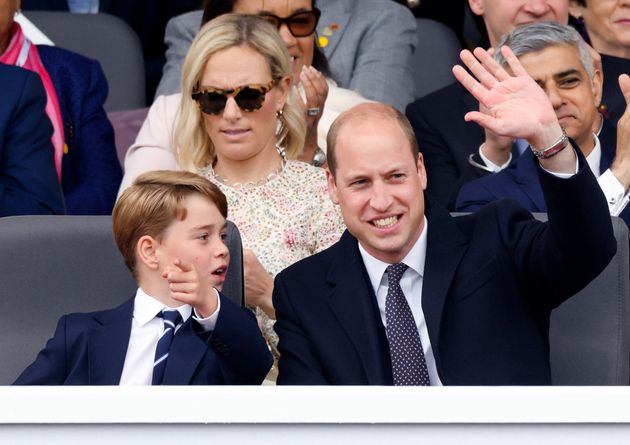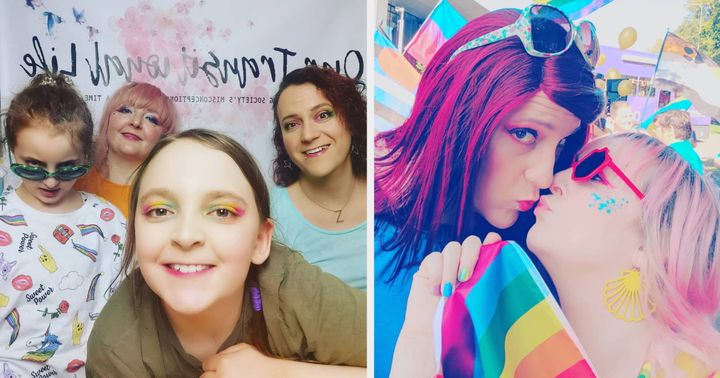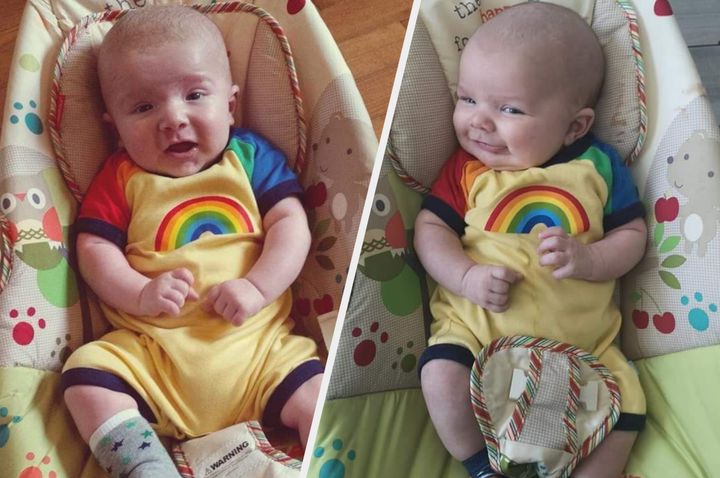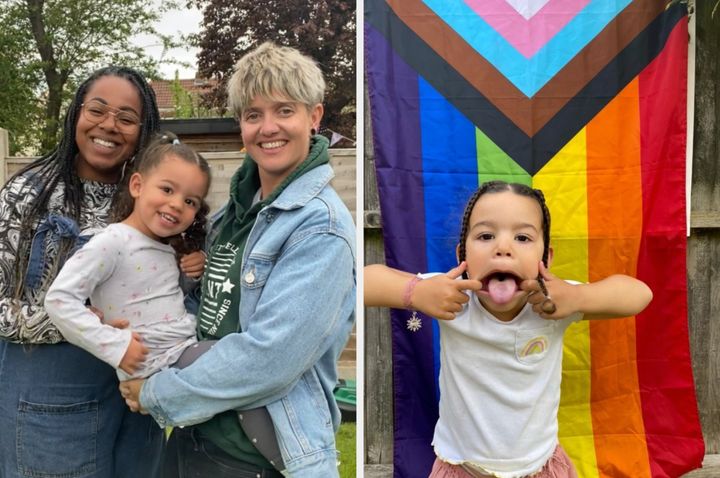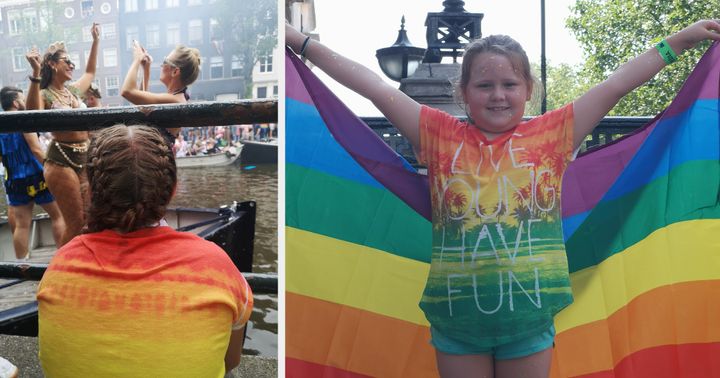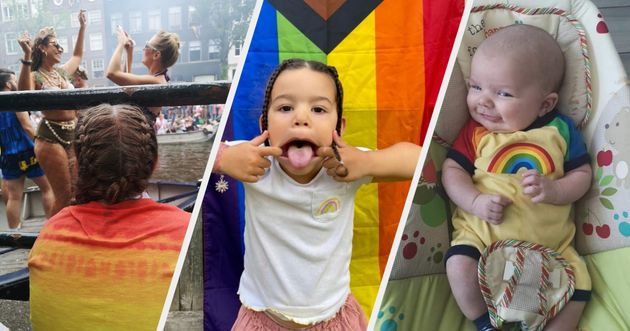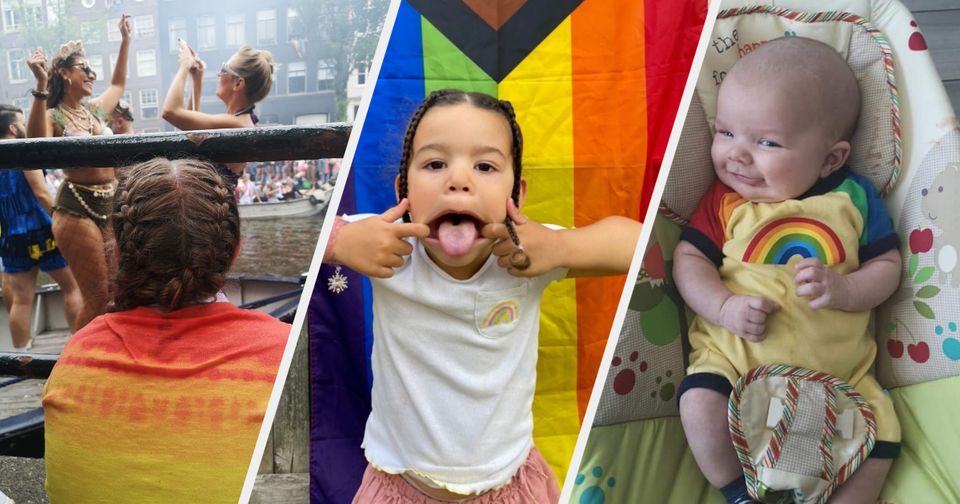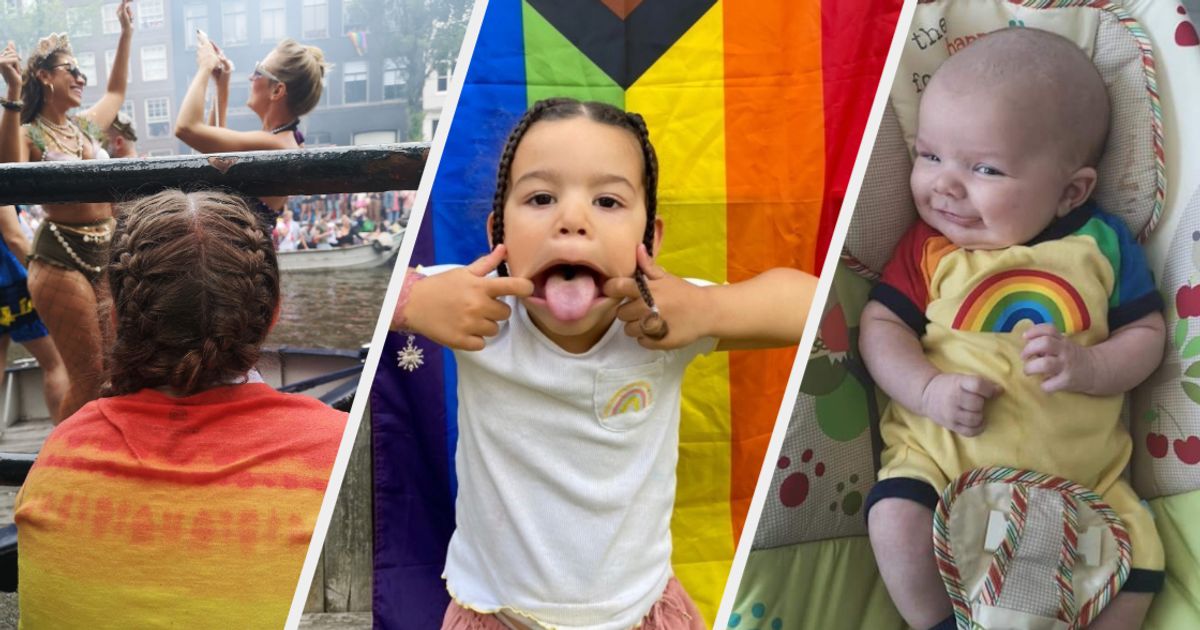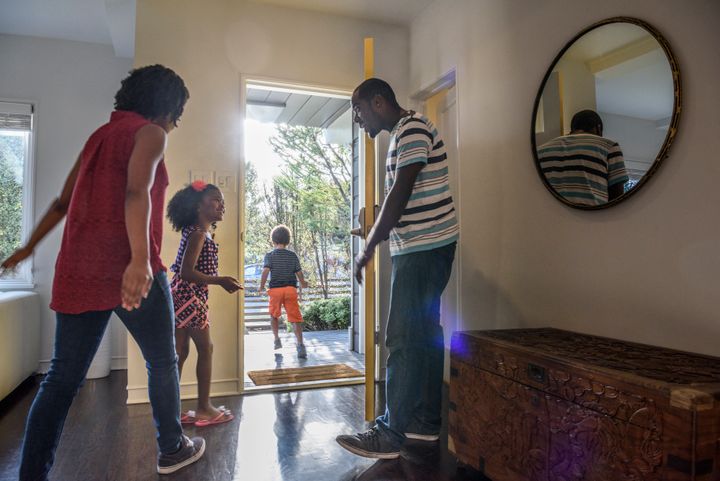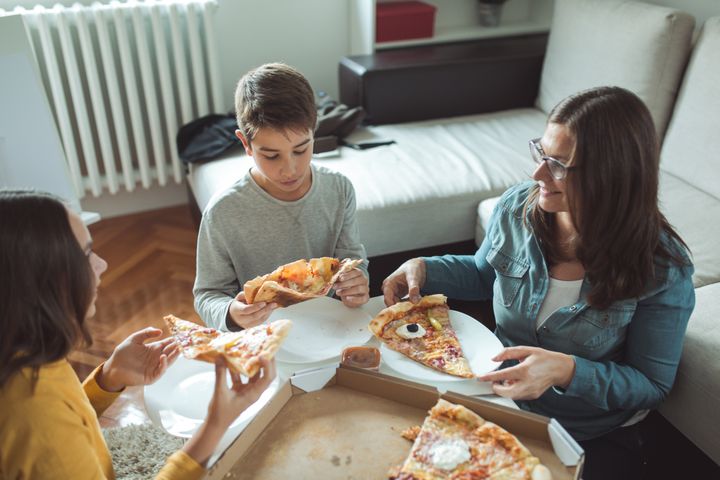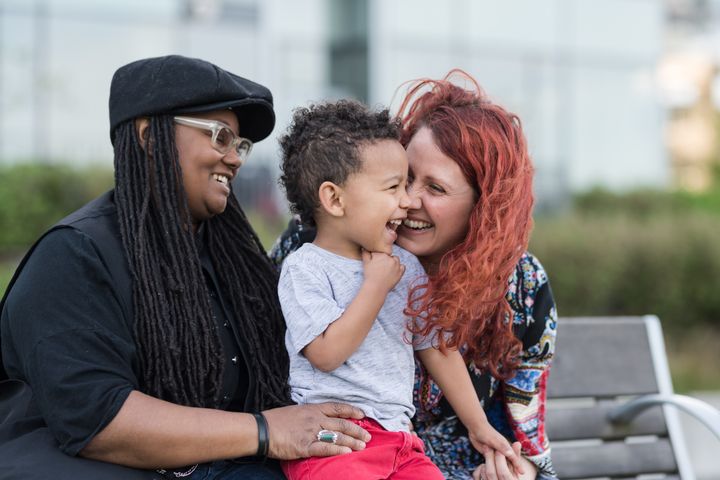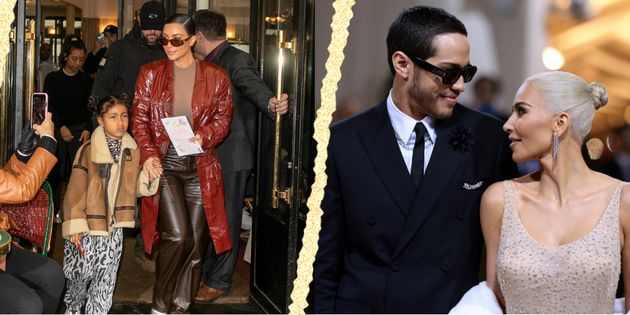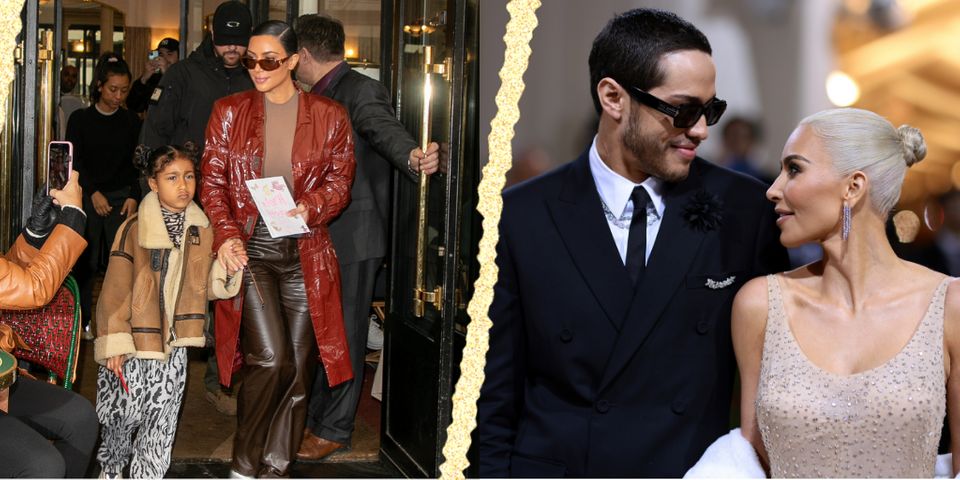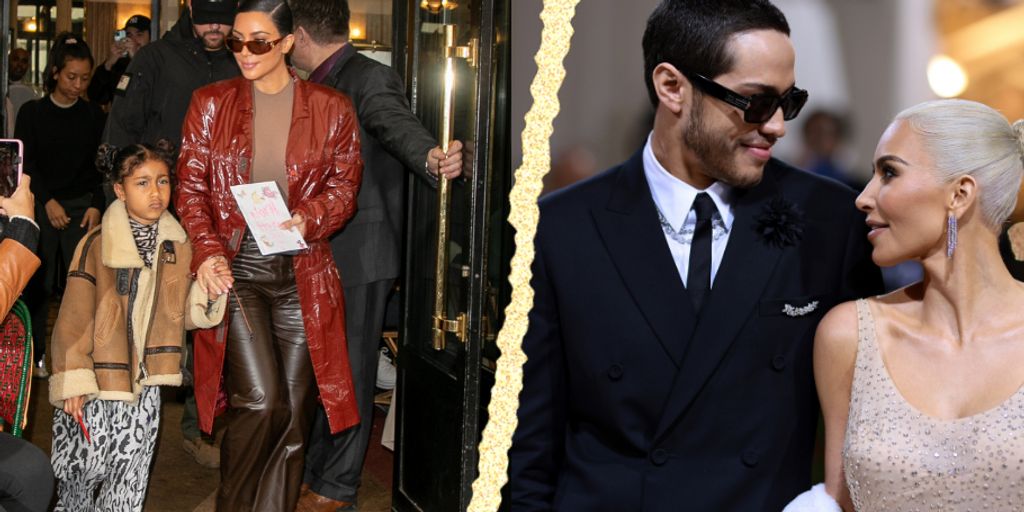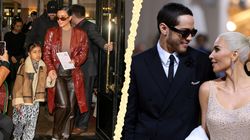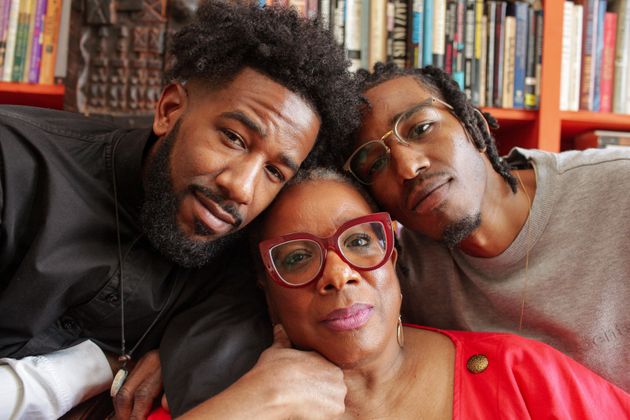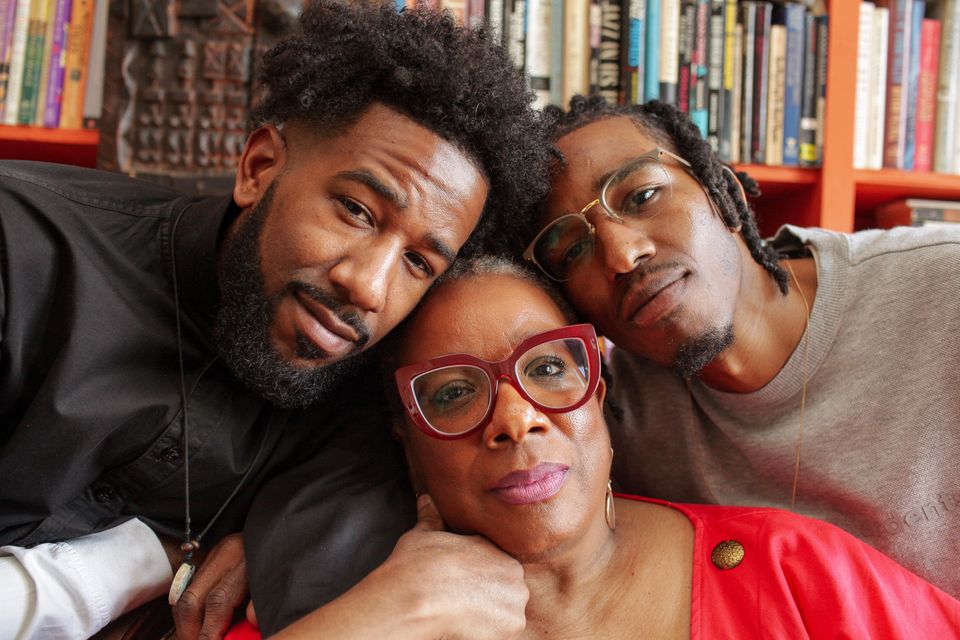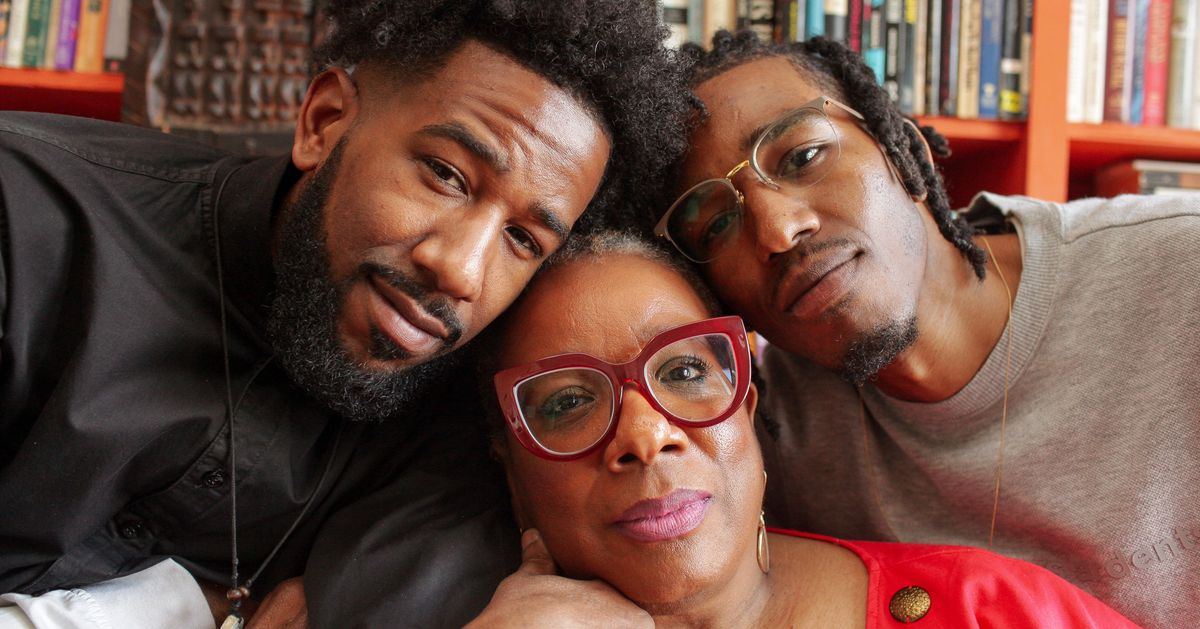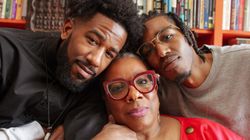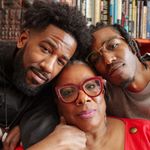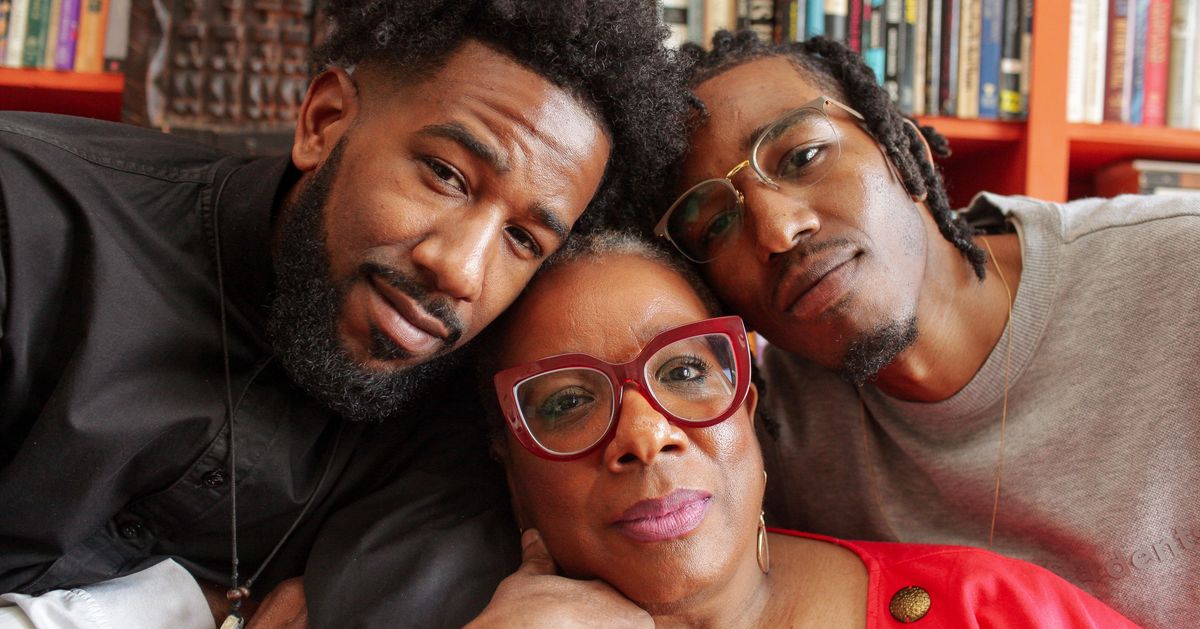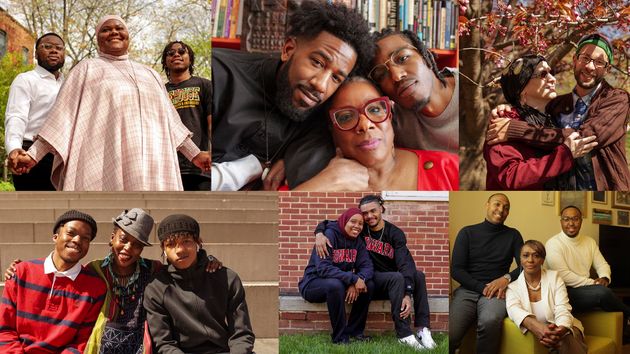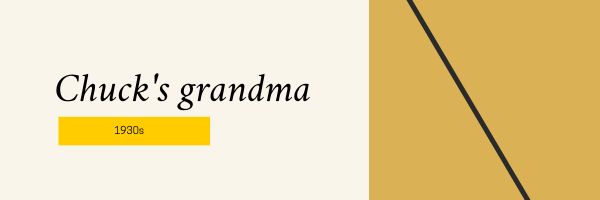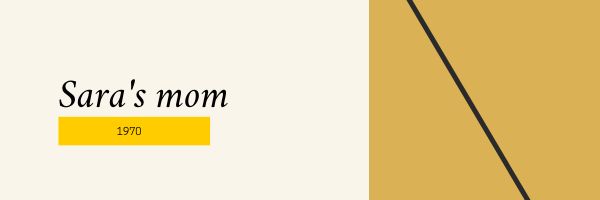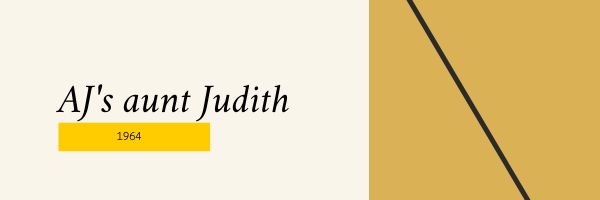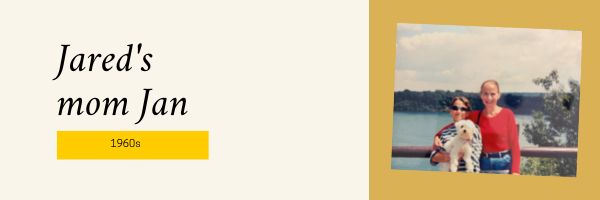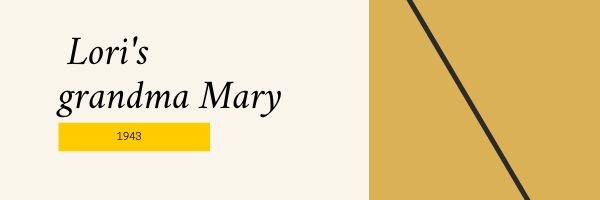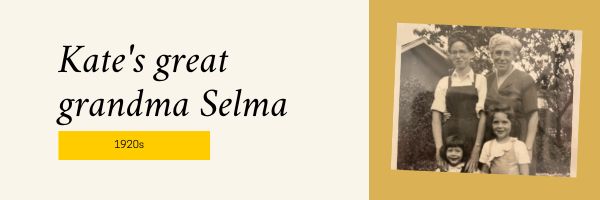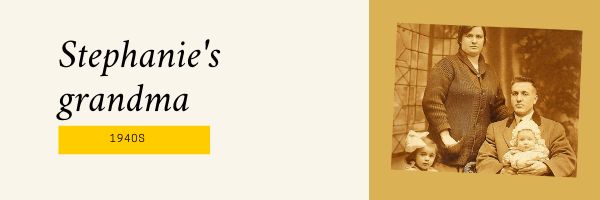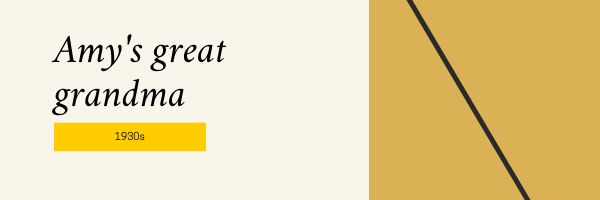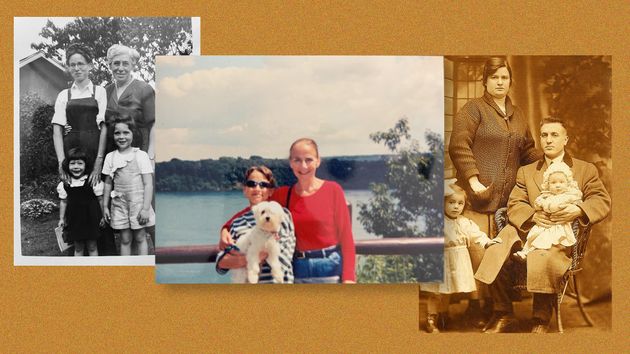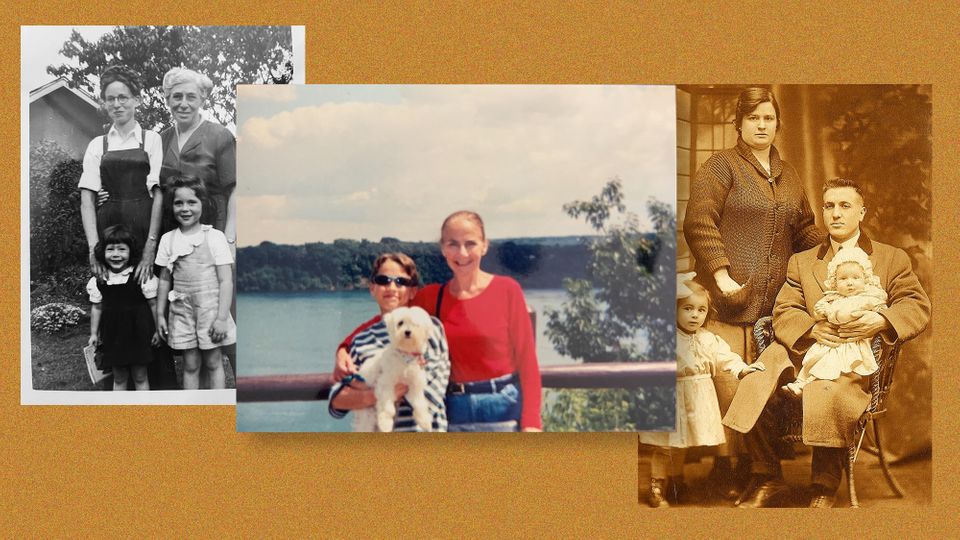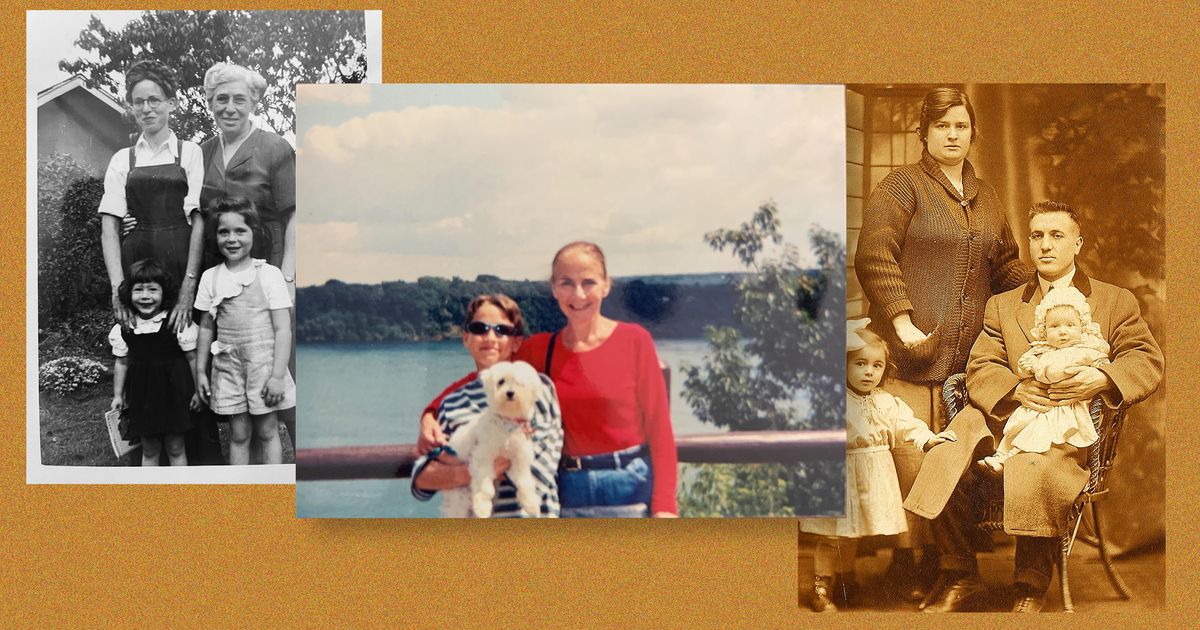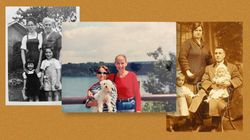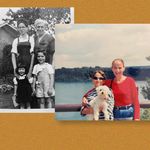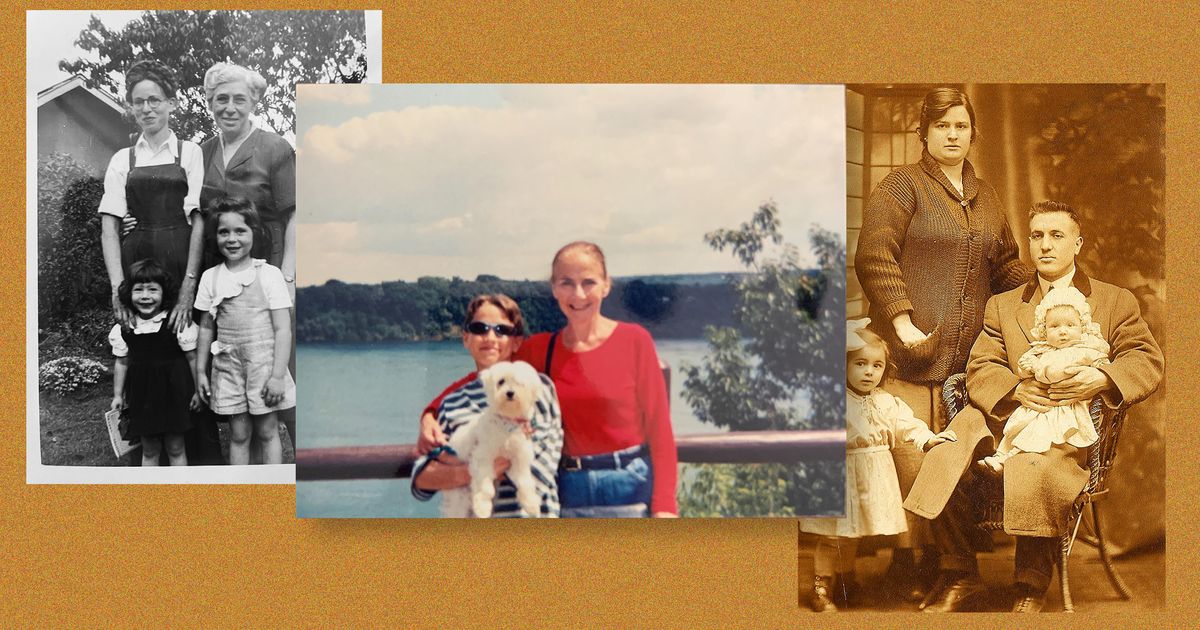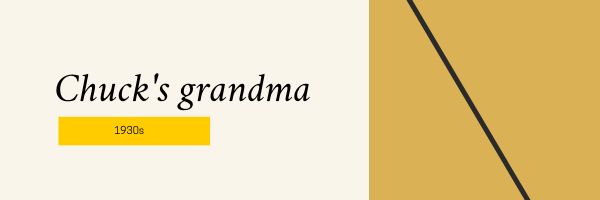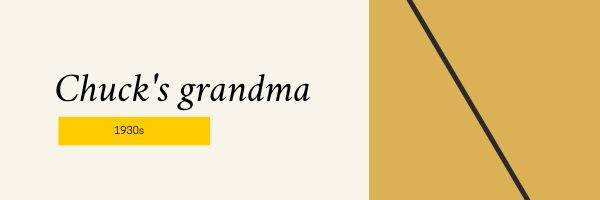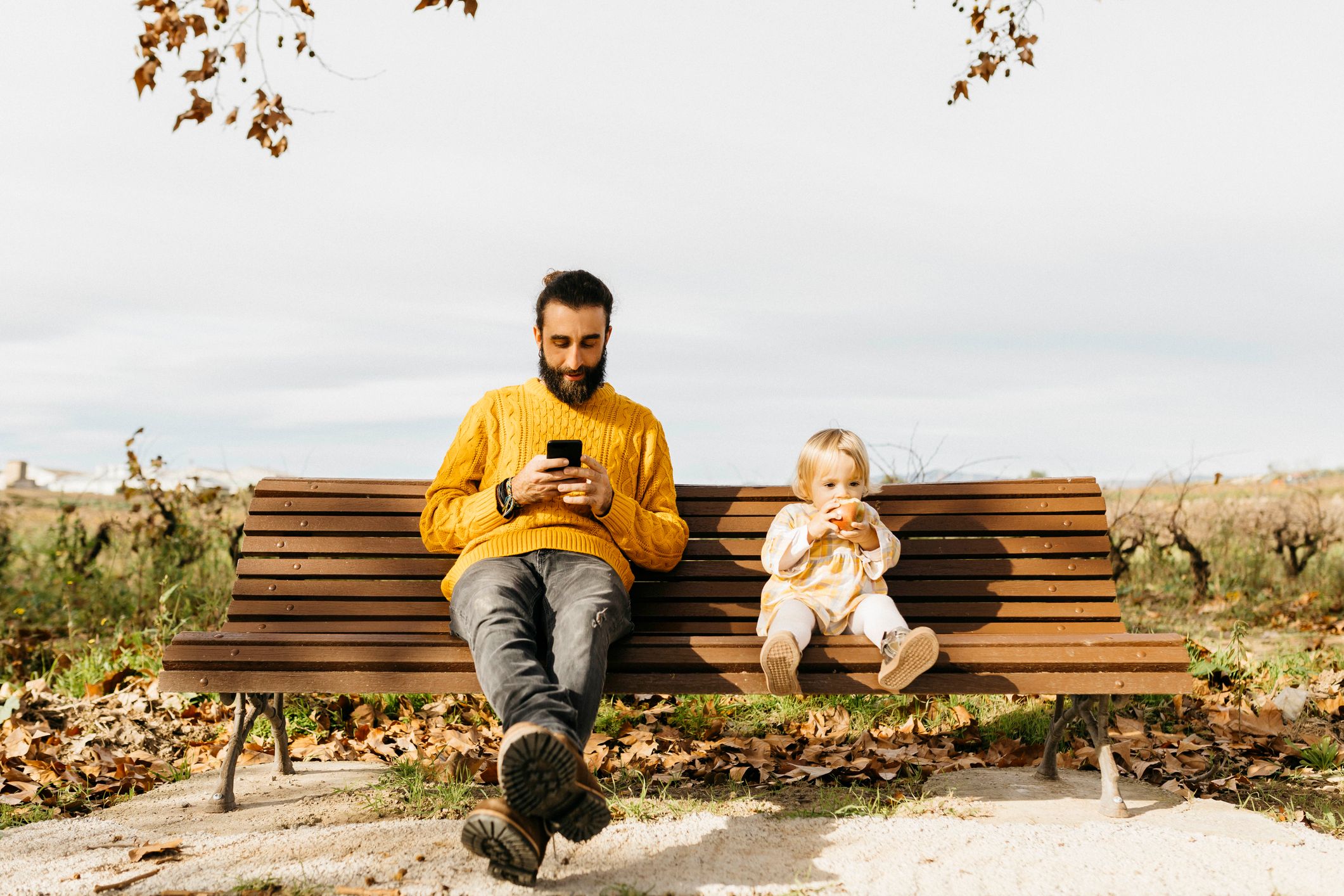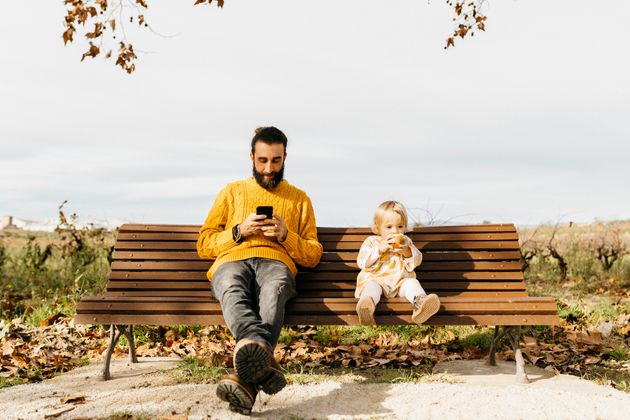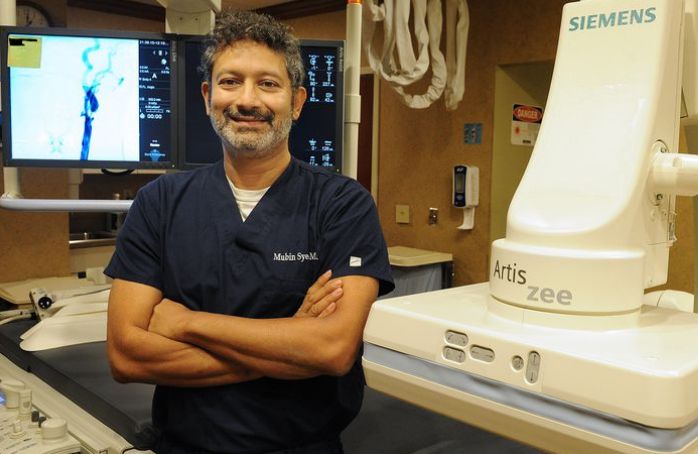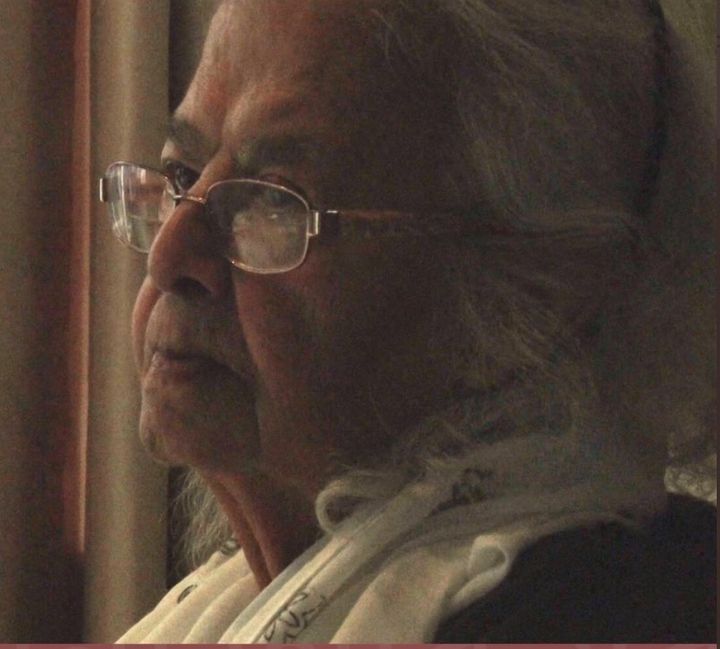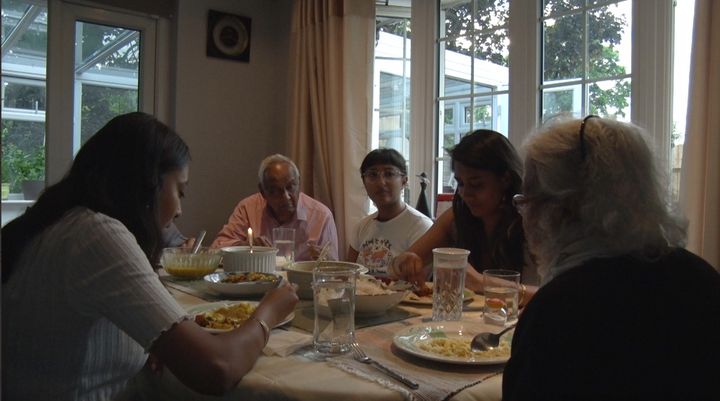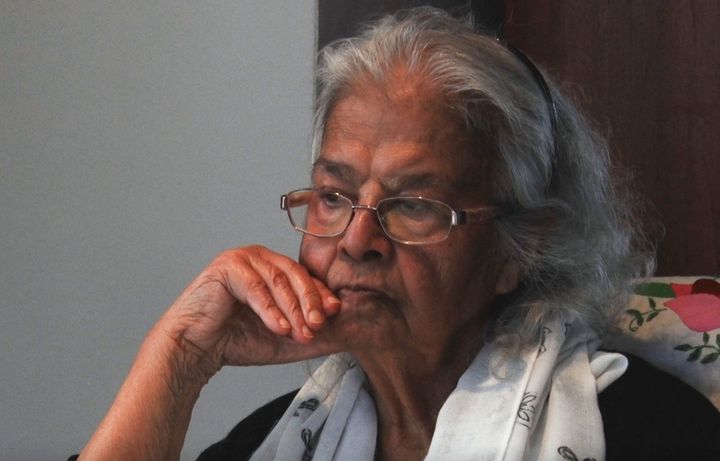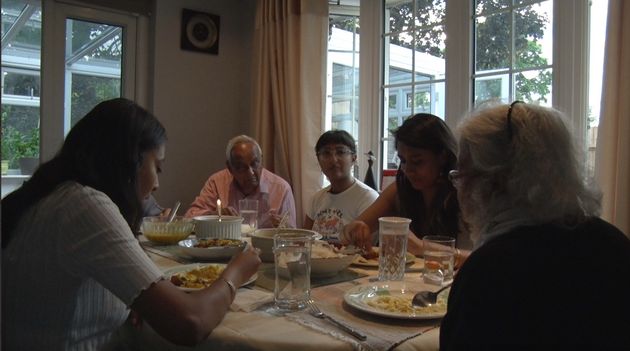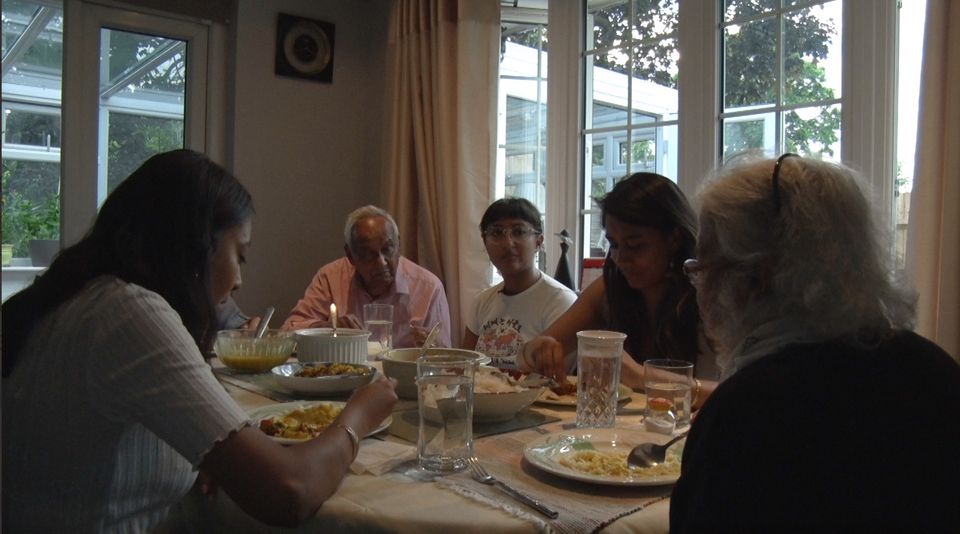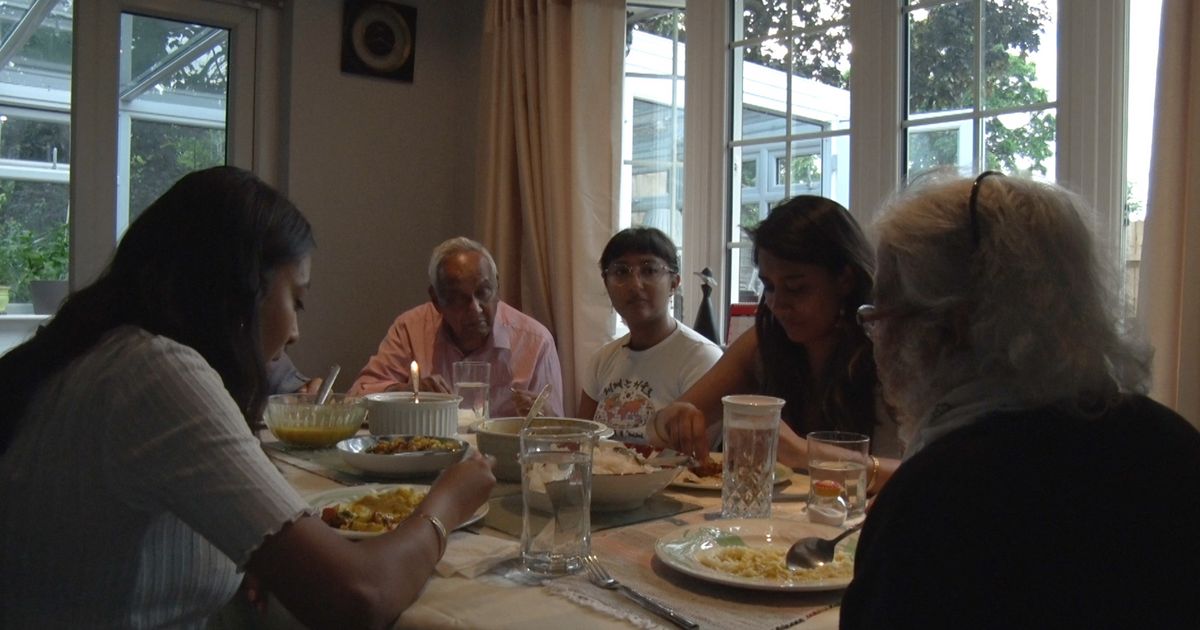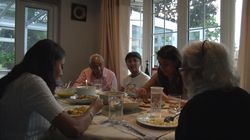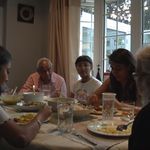The death of the Queen has been felt by millions of people around the world – but for those grieving their own private losses during this time, it’s bringing up a lot of complicated emotions.
For Anne-Marie Brownlee, 40, from Coventry, reliving the major moments in the Queen’s life these past few days has left her drawing parallels with the loss of her late husband, who died suddenly and unexpectedly on November 1, 2021.
Advertisement
Brownlee was waking up to celebrate their daughter’s second birthday when she discovered her husband John had passed away, right next to her in bed. It later transpired he’d died from an incredibly rare, underlying lung condition.
Recently, she’s been overwhelmed by a renewed sense of loss in the run up to John’s birthday. And now the Queen’s death has left her experiencing those waves of grief all over again.
“When something like this happens – and it’s such a widespread loss – you can’t help but be brought back to the reality of your situation,” she says.
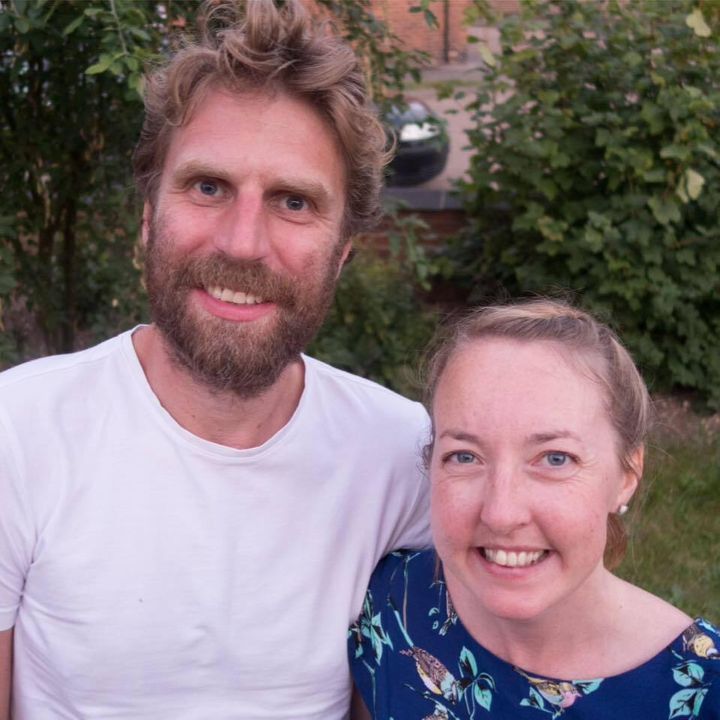
Anne-Marie Brownlee
Advertisement
Brownlee experienced the Queen as a quiet constant in her life, from watching her yearly speech on Christmas Day to celebrating the big Jubilee jamborees.
But so was John, who she met when she was just 15. “Throughout all of my adult life he’s been by my side, so there’s a direct comparison in that sense – all those big moments he’s been with me, like the Queen has,” she explains.
“Realising that she died and losing her has just brought back to the surface those feelings of loss and that renewed remembrance of all the things that we’ll miss in the future. All those upcoming big milestones that he’ll never be part of, like she’ll never be part of – and having to accept that all over again.”
While she’s avoided most of the news coverage surrounding the Queen’s death – probably subconsciously so as not to get too upset, she notes – she did catch a documentary about Queen Elizabeth’s life one evening this week.
“When I was watching it, I did find myself tearing up through many of the parts, purely because it’s a loss, and then because I guess it’s going back in her life: seeing her get married and having children. It’s all things that happened in my life that I can relate to and then feel that sadness and the loss,” she says.
Advertisement
The 40-year-old, who works in internal communications, is no stranger to the strangeness of private grief during a period of nationwide mourning.
Her late partner lost his best friend in a freak motorcycle accident not long after 9/11, and she lost her own father the year that Diana, Princess of Wales, died.
The moment she found out Diana had died is etched on her brain because of the strong feelings already overwhelming her that day.
“We’d gone on a family holiday down to Devon. It was the first time going away without my dad,” she recalls.
“The day we were due to come home was the day Princess Diana died. I remember being in the car with my mum and I remember the radio stations were constantly full of the news, playing sad music. It was raining outside for the whole journey, and me and my mum were sobbing the whole way.”
Advertisement
Like recent days, it brought up all those old feelings of loss once more – particularly as her dad loved the monarchy, and was a big fan of Princess Diana. “It was just the darkest and most miserable day,” she says.
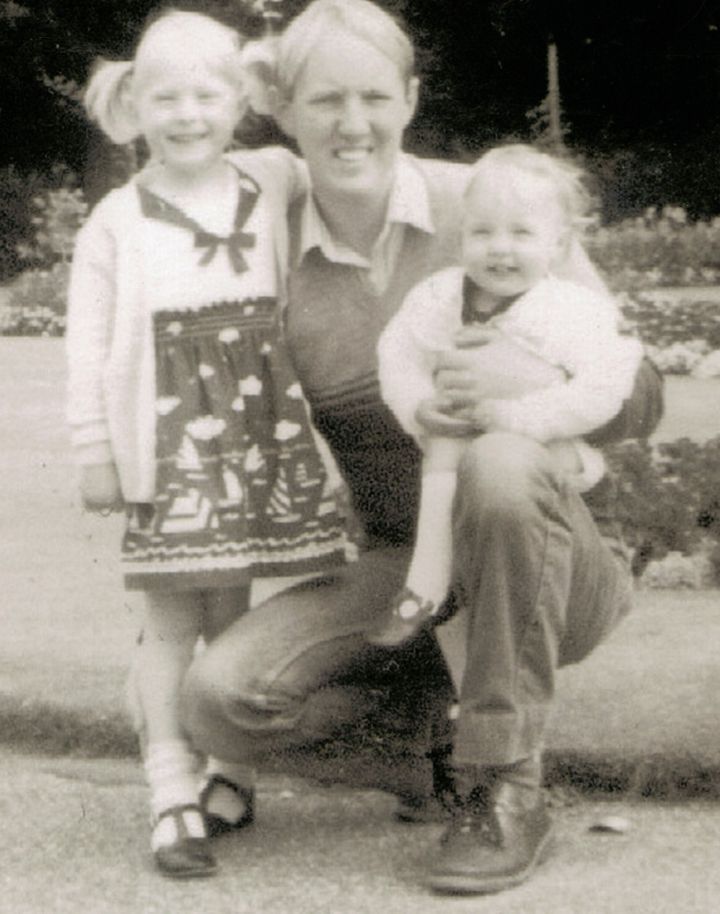
Anne-Marie Brownlee
Headhunter James Coull, who is 40 and based in Northampton, has also found the past few weeks difficult, as he was preparing for the one-year anniversary of his wife’s death on September 14.
“Leading up to that, it’s been a whole month, really, of feeling anxious,” he says.
“The first everything is always new to you, you never know what to expect, and I suppose you look at a situation like the Queen – she’s 96. My wife was 32 and healthy…”
Coull’s wife Kathryn died suddenly and unexpectedly at home, while pregnant. James woke up to find out that not only had he lost the love of his life, but also their unborn daughter Florence Rose, at 32 weeks.
Advertisement
Recalling the moment, he tells HuffPost UK: “It wasn’t planned, I wasn’t expecting anything, it wasn’t like she had a terminal illness and you’ve got time to cope with it. It was just waking up and finding somebody dead in bed.”
He’s found the past few days particularly difficult, navigating his own feelings of intense grief, while seeing people around him mourning the loss of the Queen.
“It’s very different when you’re mourning for somebody you’ve never met before, somebody who’s more of a ‘figure’. Somebody who you’re well aware of who they are but you haven’t got any emotional, strong ties to that person,” he says.
“People make comments in the office or everyday life about being really sad that Queen Elizabeth has died, but they don’t know that person. It hits home a lot harder, doesn’t it, when it’s someone who’s so close to you: somebody that you’ve committed to spending the rest of your life with, somebody that you’ve made a joint decision to bring someone into the world with.
“I suppose you can’t really compare that to somebody who’s in the public eye. I think you pretty much accept that once family members or friends get into their 70s and 80s, you know it’s inevitable they’re going to pass one day.
Advertisement
“And I suppose you always prepare for it. But you never imagine you’re going to bury somebody younger than you.”
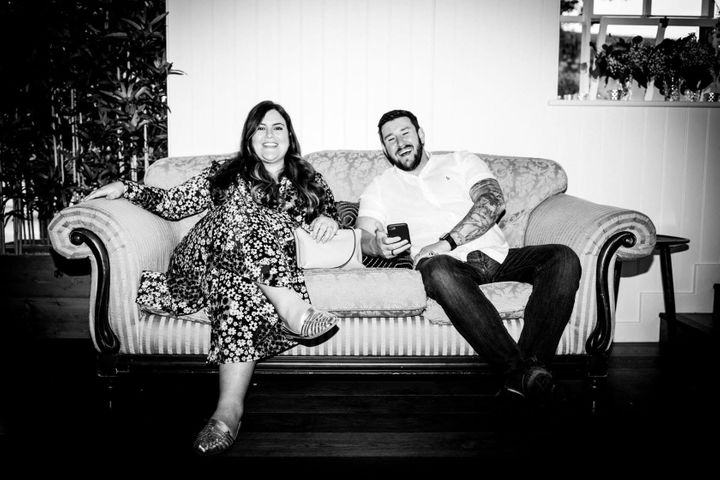
James Coull
The news of the Queen’s death on September 8 was followed by an immediate outpouring of grief online, with many heartfelt memes suggesting she had been reunited with her late husband Prince Philip.
But Coull has really struggled with this as he questions his own thoughts and feelings around the afterlife.
“I understand why people do it – it’s a good feeling, it’s giving people hope that there is life after death, but you just don’t know do you?” he says. “Some people believe in that side of things, the spiritual side of things, and some people don’t.”
Advertisement
For others, like Brownlee, the idea of the Queen and Prince Philip together again has brought hope – and a sense of peace. She is comforted by the idea that sometime in the future she could also be reunited with John.
There’s no right or wrong way to grieve during this time – and everyone will experience loss in their own way. Vicky Anning, communications manager for charity Widowed and Young (WAY), says the Queen’s death has prompted “a whole range of emotions” among its members.
“Some people have found the chance to mourn along with the nation incredibly cathartic,” she explains, “while others have found the media coverage very triggering – reminding them of their own personal losses and bringing up difficult reminders of the early days of their own bereavement.”
Lauren Vivash, 36, from Essex, discovered her husband Robert had a brain tumour in 2019 – she was pregnant with their daughter at the time.
Robert had been having seizures which were attributed to a Grade II tumour. Despite surgery, it progressed quicker than expected and he died in June this year.
Advertisement
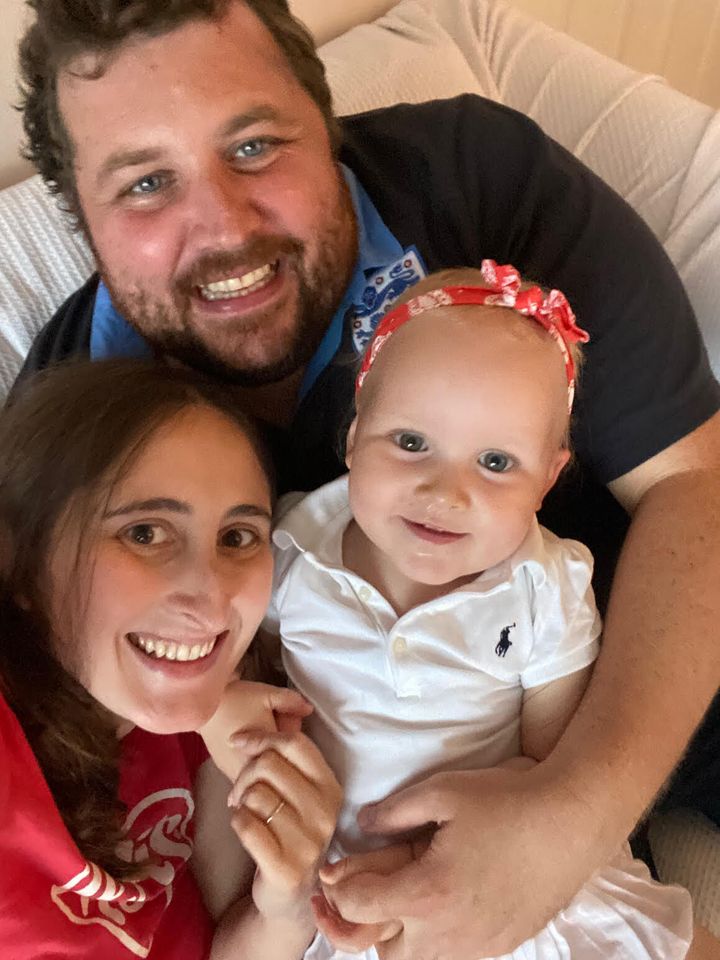
Lauren Vivash
The Queen’s death occurred just shy of 100 days after Robert’s death, yet Vivash found the process of grieving alongside the rest of the nation as “cathartic”, saying she no longer felt alone in her sadness.
“To begin with I found it really upsetting,” she recalls of hearing the news. “For that first night, I was crying the whole time. It just really hit me. I was like: this is a bit strange. I wasn’t brought up to be a big royalist or anything.”
But she admired the Queen, she says, adding “she was the most famous widow in the world”.
She recalls how her late husband had been very invested in the royal family and they’d watched lots of the coverage together when Prince Philip died. This left her feeling closer to the royals, too.
Vivash remembers seeing footage of the Queen sitting alone at her husband’s funeral and, knowing her own partner was ill, found some strength in that. “Obviously I hoped that he wouldn’t die but it gave me a sense of like: well, she’s shown how you can carry on after losing your husband,” she says.
Advertisement
Discovering the Queen had died, she says, “it’s almost like it gave me permission to grieve”.
There’s this expectation, she says, that after a funeral of a partner, friend or family member, you’re expected to move on. “People think grieving is linear and that it’s horrible that they die, but you get better and better. But it’s not the case at all,” she says.
At the moment that feels different. “I think because everyone is grieving, it just gives you that permission to be upset again and maybe gives people more of an idea. It’s not the same as losing your husband when he’s only 38, but it gives them an idea that it’s painful to lose someone.
“I think that’s why I found it cathartic.”
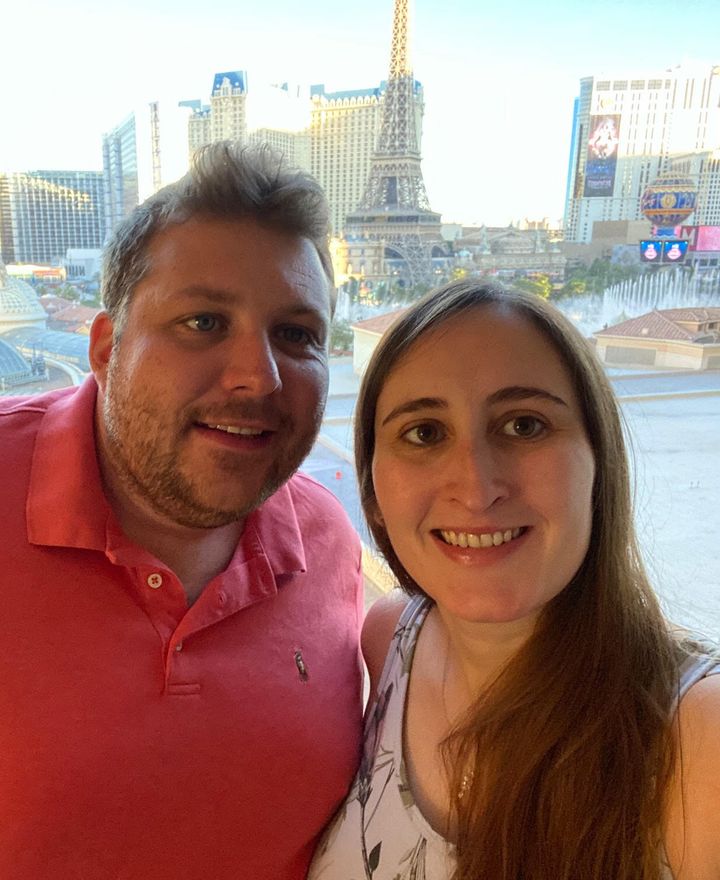
Lauren Vivash
Despite dealing with her own raw feelings, Vivash will still be tuning in to watch the Queen’s funeral on September 19 – not only to witness history on her husband’s behalf, but also to support the royal family in their grief.
Sadly, some funerals originally set to happen on the same day are being postponed, after the last-minute Bank Holiday was announced.
Advertisement
In some cases this has been at the family’s request, while others have had to reschedule because the cemetery or crematorium operator has chosen to close – for Jewish and Muslim families, this has been a particular worry, given funerals should be carried out within 24 hours of an individual’s death.
And with wall-to-wall coverage of the royal funeral, Monday will undoubtedly be a difficult time for those experiencing their own recent loss.
Coull encourages anyone impacted to reach out to others who know what you’re going through – via support services and bereavement support charities – as talking can really help.
“The first month I felt like I was in a parallel world. I felt it was a dream I couldn’t wake up from. You don’t sleep, you don’t eat, you don’t function as a human being, you almost shut your brain down so you don’t think about things,” he recalls of the time shortly after Kathryn’s death.
“I don’t like to use the cliché that time is a healer, but it is. Things do get easier. You learn to live with things, you learn how to cope with things, you learn how to go back to your everyday life.
Advertisement
“The feelings are still there, maybe slightly suppressed, but you know that every day you spend being sad and grieving is a day gone. And you don’t know when your time is up.
“You have to find the inner strength to move forwards.”
Help and support:
- Mind, open Monday to Friday, 9am-6pm on 0300 123 3393.
- Samaritans offers a listening service which is open 24 hours a day, on 116 123 (UK and ROI – this number is FREE to call and will not appear on your phone bill).
- CALM (the Campaign Against Living Miserably) offer a helpline open 5pm-midnight, 365 days a year, on 0800 58 58 58, and a webchat service.
- The Mix is a free support service for people under 25. Call 0808 808 4994 or email help@themix.org.uk

